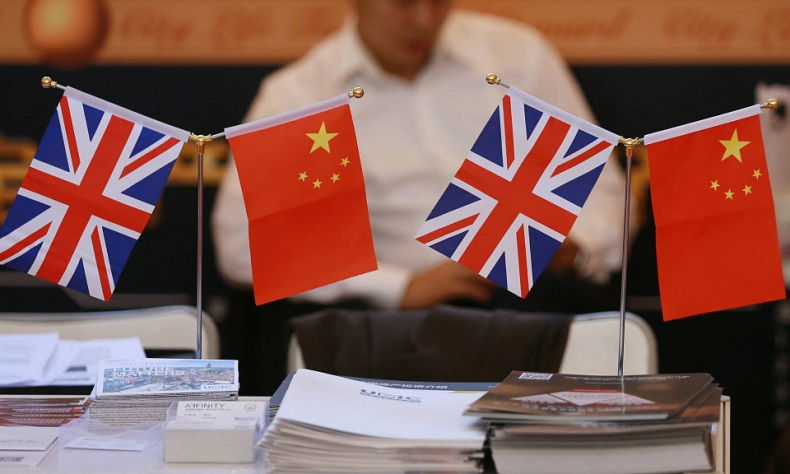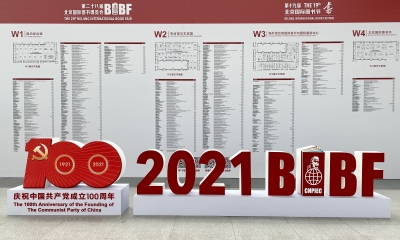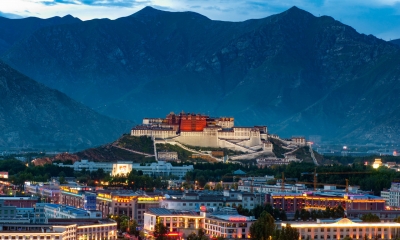China-UK Relations at a “Critical Juncture”

Does the UK view China as an opportunity and partner or a threat and rival?
As tension over Hong Kong and Huawei threaten to derail China-UK relations, China’s ambassador to the UK, Liu Xiaoming, has warned that China and Britain stand at a “critical historical juncture.”
Addressing the main areas of friction in an online press conference on July 30, Ambassador Liu spoke of the importance of China-UK relations, not only to the peoples of both countries, but to the wider international community which cherishes peace and economic prosperity.
To our regret, Liu said, the China-UK relationship has run into a “series of difficulties” and points towards a “grave situation.”
Tensions are mounting
On the National Security Law in Hong Kong Special Administrative Region (HKSAR), London has accused Beijing of “a clear and serious breach” of the Sino-British Joint Declaration, adding that the new law “infringes” upon citizens’ rights, and “undermines” the “One Country Two Systems” principle.
Beijing however, firmly rejects this assessment, arguing that the National Security Law has completely nothing to do with the Joint Declaration which ended its mission after Hong Kong turn over to China 23 years ago, and it also protects the legitimate rights of HKSAR citizens, and strengthens the “One Country Two Systems” principle.
Following Beijing’s passage of the National Security Law, ministers in London pledged to allow up to 3 million Hong Kong residents to settle in the UK through changes to the rules on British National Overseas (BNO) passports, and moved to “indefinitely suspend” Britain’s extradition treaty with Hong Kong.
China condemned the UK’s actions as a “gross interference” in China’s internal affairs and levelled retaliatory measures, including reciprocally suspending Hong Kong’s extradition agreement with the UK.
The contention between China and the UK on Huawei has extended tensions between the two nations beyond the political sphere and into the realm of business.
On July 14, the British government announced it will ban Huawei from its 5G networks, a significant U-turn which many fear could have serious ramifications for Sino-British business relations.
“Uncertainty around the business environment as a result of the current political climate is likely to deter investment which would ultimately be to the detriment of both the Chinese and British economies,” said Steven Lynch, managing director of the British Chamber of Commerce in China.
Chinese businesses certainly appear to be paying close attention to the UK’s announcement on Huawei. Days after London’s announcement, Chinese social media giant Tik Tok pulled out of talks to site the headquarters for its non-China business operations in the UK, citing the “wider geopolitical context.”
While British ministers claim publicly that the Huawei move was taken due to “security concerns,” sources at the company say they were privately informed that “geopolitical pressure” from Washington was the real motive behind the governments U-turn.
With it looking increasingly the case that London had surrendered – at least in part – its foreign policy agenda to Washington, the Chinese ambassador said “it had become questionable whether the UK can provide an open, fair and non-discriminatory business environment.”
Taking together the Huawei ban and London’s actions on Hong Kong and Xinjiang, Liu said the UK-side had “seriously poisoned the atmosphere of China-UK relations.”
China seeks cooperation not conflict
Despite the escalation in tensions between the two nations, the Chinese ambassador stressed that China does not seek confrontation with the UK.
“I want to set the record straight,” Liu said. “China has always seen the UK as partners… China wants to be friends with [the] UK. China wants to be the UK’s partners.”
Liu went on to say that China and the UK have a great deal more in common than their much publicized differences: “[We] share a broad consensus on safeguarding multilateralism, promoting trade, and combatting global challenges such as climate change.”
Acknowledging the differences that have arisen over the past 70 years, Liu said China and the UK have always managed to find “common ground” and rise above ideological differences to achieve continued progress.
Looking to the future, the Chinese ambassador said once Covid-19 is over and Brexit is completed, there will be “unlimited” avenues of potential cooperation between China and the UK.
The all-important questions resting in the hands of Britain’s political leaders now is: Does the UK view China as an opportunity and partner or a threat and rival?
A sound and stable China-UK relationship is not only in the interest of the peoples of our two countries but also conducive to world peace and prosperity, insisted Liu.
As the ambassador said, “we have a thousand reasons to make this relationship successful and not one reason to make it fail.”
 Facebook
Facebook
 Twitter
Twitter
 Linkedin
Linkedin
 Google +
Google +







